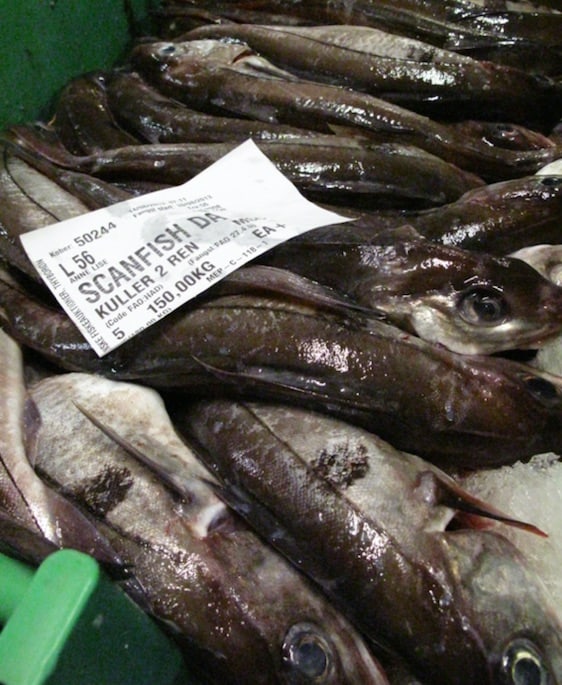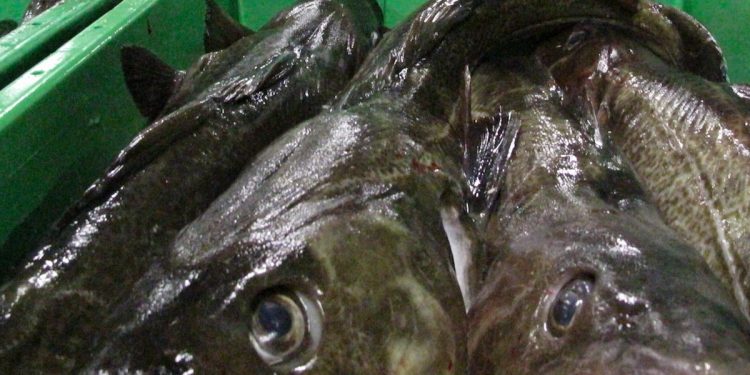As Commissioner Virginijus Sinkevičius announced following this year’s December Council of Ministers that a new era of European fisheries is opening, NGOs have been quick off the mark to accuse ministers and the EU Commission of ushering in a new era of overfishing. As always, the results are a series of compromises – often deeply uncomfortable ones.
‘We reached an agreement proving our credibility to deliver on the maximum sustainable yield objective that we all have committed to under the Common Fisheries Policy. Next year the EU Member States’ fleet will fish at the level that would not hinder the regeneration of the stocks,’ Virginijus Sinkevičius said as the all-night session finally came to an end.

‘Thanks to the efforts made by European fishermen and women we already see that sustainable fishing pays off. Sustainability in fisheries serves both our planet and our fishing communities who deserve a chance to reap real economic rewards.’
He commented that this overall agreement brings 99.4% of landings in the EU from sustainable sources, adding that for some of the remaining stocks the agreement foresees even stricter conservation measures.
But this does not detract from the reality that significant cuts in cod quotas were agreed for the Irish Sea, West of Scotland and the Celtic Sea, and following the EU-Norway agreement last week for a 50% reduction in next year’s North Sea cod landings.
SWFPA chief executive Mike Park said that 2020 promises to be extremely challenging.
‘Cod is an important part of the mixed fishery for my members and a reduction in what they can catch on this scale will be extremely challenging,’ he said.
‘Due most likely to climate change, the distribution of the species in the North Sea has changed markedly, with a pronounced northwards movement. It is especially disappointing that the European Commission failed to recognise the validity of the arguments made by the industry across Europe for a more gradual reduction in total allowable catch over time to aid recovery.’
This is expected to be the last December Council in which Britain is present as an EU nation and UK fisheries minister George Eustice pledged that once the UK has extracted itself from the EU, it plans to place into legislation a new, legal commitment to fish sustainably.
‘We also know that to protect the profitability of fisheries in the future, we must fish sustainably today. Some of the problems have been exacerbated by the fact that the EU’s outdated method for sharing quota between member states means that the UK gets a very small share of the cod in our own waters,’ he said.
‘I know that some of the quota reductions will be very difficult for some sectors of the industry and there has been considerable debate this year about the importance of by catch allowances to support the delivery of the discard ban,’ said.
In other areas there have been positive developments, with conservation measures for sea bass starting to show a significant recovery.
There were also increases for other species with quotas for haddock in the North Sea rising by 23% and sole in the Western Channel up by 19%.
‘We agreed on a number of substantial increases for more than 25 valuable fish stocks. The more sustainable we are, the more prosperous European fishermen and women will be,’ Commissioner Virginijus Sinkevičius said.
‘I want to especially stress that for the first time the focus of the agreed fisheries management is on strict measures increasing selectivity,’ he said, commenting that the extension of protection zones and monitoring measures introduced will improve selectivity and sustainability of fishing activities in the Celtic Sea and the Kattegat.
For the first time. the Commission proposed fishing opportunities for the Mediterranean, agreeing on a 10% reduction for fishing effort on demersal sticks.
For the Black Sea, a compromise has been reached on quotas for the two most important commercial species, sprat and turbot, shared between Bulgaria and Romania.









